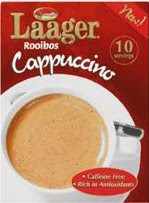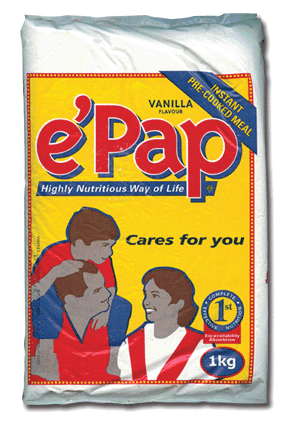
Here is an extract from "
The Abs Diet", a book I've been listening to from
audible.com. In the print version this can be found on page 61:

"You won't find trans fatty acids listed on most food labels, even though there are more than 40 000 packaged foods that contain this type of fat. You won't find it listed because it's so bad for you that food manufacturers have fought for years to keep it off ingredient labels. In 2003, the US Food and Drug Administration finally adopted regulations requiring manufacturers to include trans fat content on their packaging, but the regulations will be phased in over the next few years. For now, you have to be a smart food consumer to spot where the danger lies.

"Trans fats were invented by grocery manufacturers in the 1950s as a way of appealing to our natural cravings for fatty foods. But there's nothing natural about trans fats - they're cholesterol-raising, heart-weakening, diabetes-causing, belly-building chemicals that, for the most part, didn't even exist until the middle of the last century, and some studies have linked them to an estimated 30 000 premature deaths in the USA every year. In one Harvard study, researchers found that getting just 3 percent of your daily calories from trans fats increased your risk of heart disease by 50 percent. Three perfect of your daily calories equals about 7 grams of trans fats - that's roughly the amount in a single order of fries. Americans eat an average of btween 3 and 10 grams of trans fats every day.

"Since these trans fats don't exist in nature, your body has a hell of a time processing them. Once consumed, trans fats are free to cause all sorts of mischief inside you. They raise the number of LDL (bad) cholesterol particles in your bloodstram and lower your HDL (good) cholesterol. They also raise blood levels of other lipoproteins; the more lipoproteins you have in your bloodstream, the greater your risk of heart disease. Increased consumption of trans fats has also been linked to increased risk of diabetes and cancer.

"Yst trans fats are added to a shocking number of foods. They appear on food labels as PARTIALLY HYDROGENATED OIL - usually vegetable or palm oil."
I wonder how many food store owners know about this? And I wonder if the Beth Din and the Muslim Food Council would be so happy about adding their seal of approval to these foods if they knew what they contain? I intend to find out.
 All Gold Tomato Sauce has been a family favourite for years. They claim there are 36 tomatoes in every bottle, but that's just
All Gold Tomato Sauce has been a family favourite for years. They claim there are 36 tomatoes in every bottle, but that's just 




